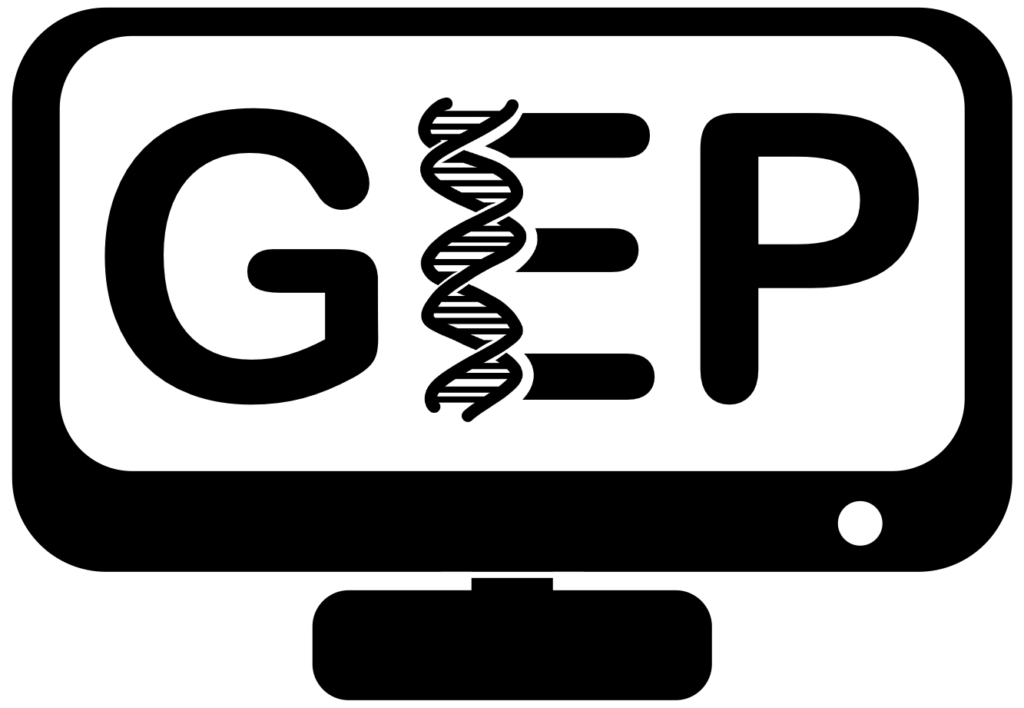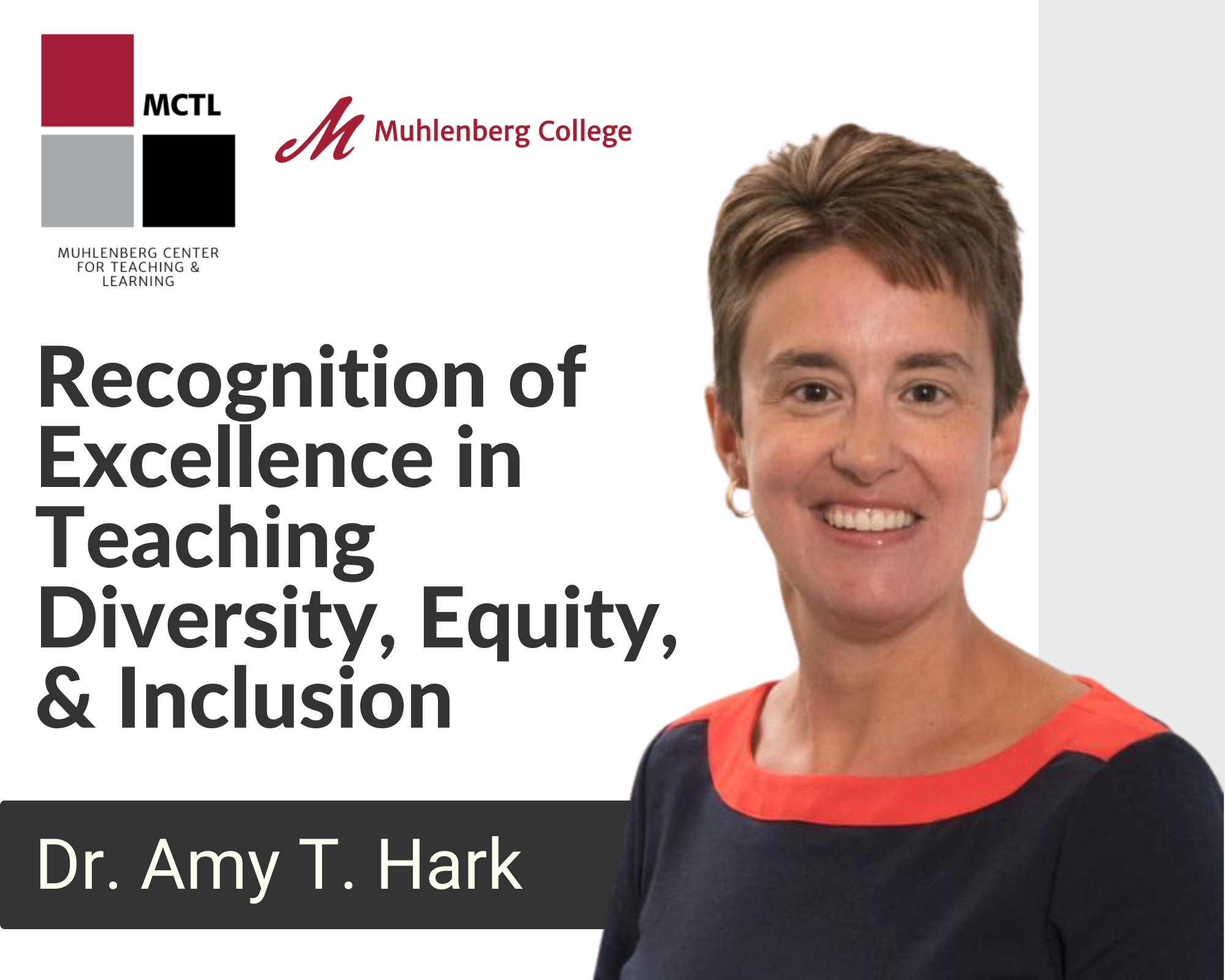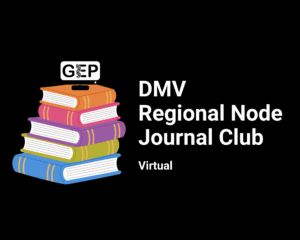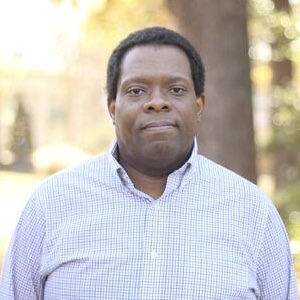Amy Hark, Ph.D. is a Professor of Biology and Co-Director of the Biochemistry Program at Muhlenberg College in Allentown, PA. She teaches undergraduate courses in the areas of molecular biology and biochemistry. Her scientific interests focus on how packaging of DNA into chromatin and organization of genes within genomes affect gene expression in eukaryotic organisms.
Amy joined the Genomics Education Partnership in 2009 and has since played a major role in many of the Partnership’s endeavors including most recently serving as the 2021/2022 Science Education Publication Workflow Subcommittee Chair, 2022/2023 Assessment Committee Vice Chair, and 2023/2024 Assessment Committee Chair.
Dr. Hark recently received the Recognition of Excellence in Teaching Diversity, Equity, and Inclusion award presented by the Muhlenberg Center for Teaching and Learning (MCTL) at Muhlenberg College.
“This recognition honors the work of … colleagues who are committed to promoting a more diverse community, one in which everyone experiences a true sense of inclusion and belonging and enjoys equitable access to all of the opportunities for learning and growth.”
Muhlenberg College
Dr. Hark’s biology courses examine how social identities impact both course-based learning and our work as scientists, including how one’s identity impacts the scientific questions one chooses to ask and address. She invites students to consider how biochemistry (and other fields) connect to their own interests based on their identities and communities and seeks to ensure that different approaches to learning and using biochemistry are seen and valued. This is part of a broader effort to raise awareness of diversity considerations in the practice of science and to help herself, colleagues and students consider the importance of inclusion and ways to support equity within the biochemistry program.





